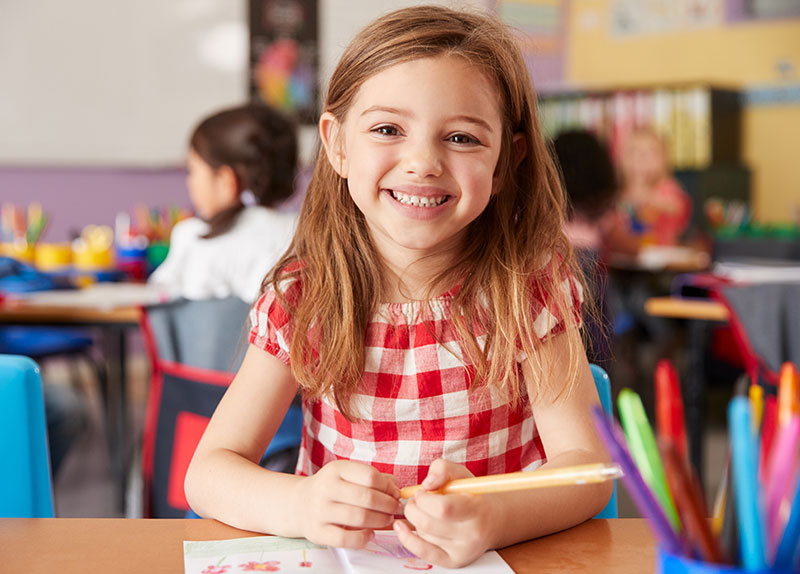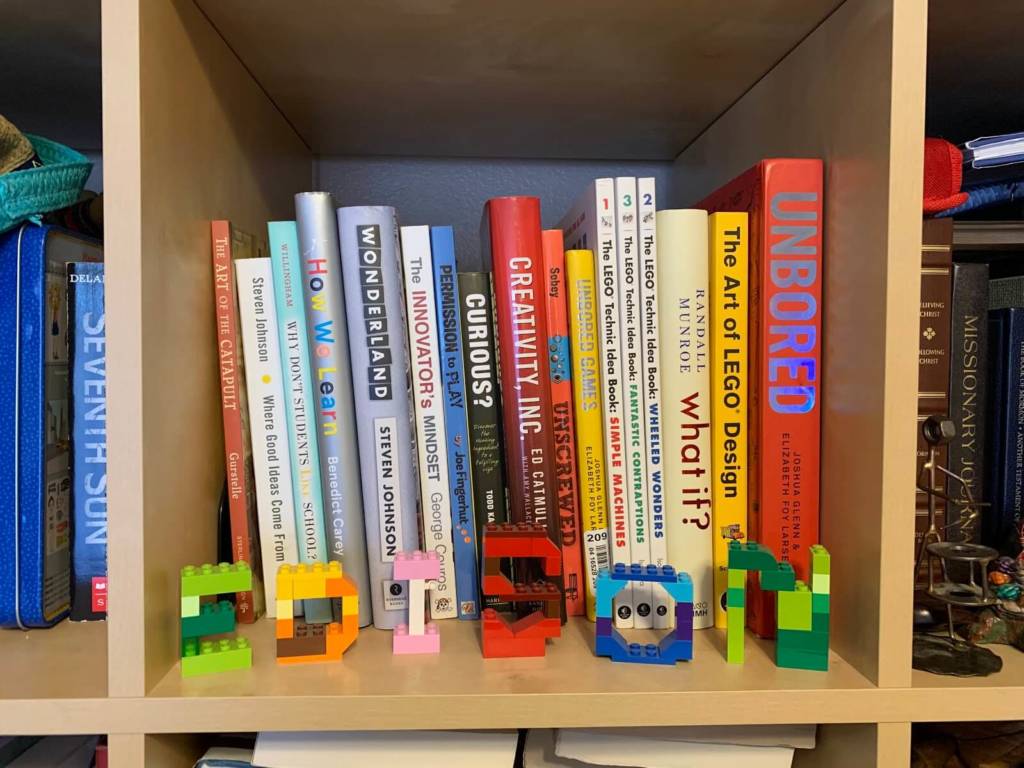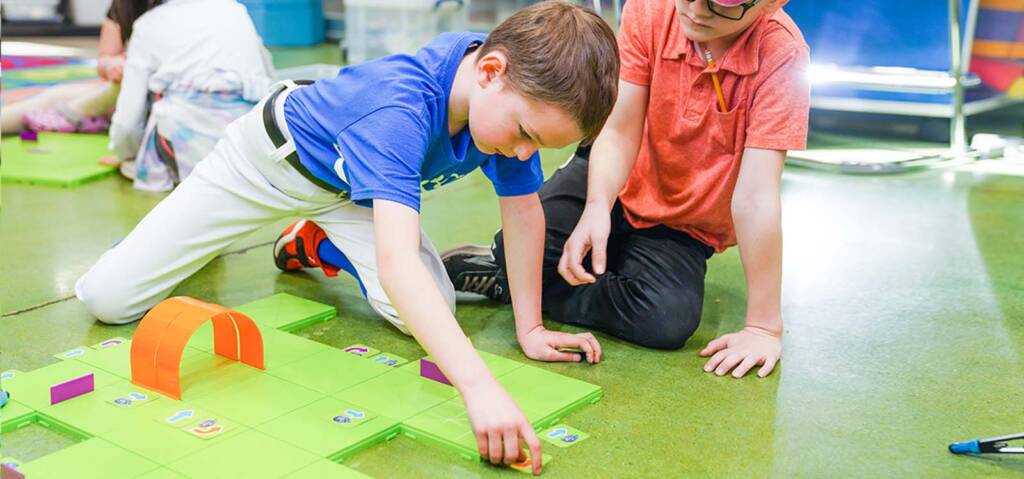Exploratory Play: More Than Sensory Development
Anyone who knows me knows that I’m a big fan of LEGO.
And I don’t just mean the plastic building blocks.
I’ve loved the company and what it stands for since I wrote my first research paper on The LEGO Group when I was in middle school. After all, the company’s brand values focus on imagination, creativity, learning, and fun—exactly what I strive to do as an educator.
The company’s emphasis on play is the driving force behind its Foundation, which frames playful experiences as having five essential characteristics: joyful, actively engaging, meaningful, iterative, and socially interactive. In addition, play serves as an outlet for creative exploration of the world around us.
Dig into the research on exploratory play and you’ll find volumes of information about children’s sensory development. Infants and toddlers use play to explore the world through their senses, leading them to understand their surroundings in a variety of ways. Playful exploration is widely recognized as an essential part of early childhood learning.
But exploration—in its different forms—is just as important to learning throughout a person’s lifespan.
In his descriptions of childhood learning, Jean Piaget emphasized the importance of exploration. As learners construct their own knowledge, they must be exposed to novel experiences and information.
Exposure to new things tends to be most effective when learners direct their own experiences. When students are allowed to explore topics and ideas of interest to them, they’re more motivated to learn. Their minds are primed for learning, and that learning sticks because it’s associated with joyful, engaging, and meaningful experiences.
Part of the reason why I still remember my high school calculus class is because I was granted the freedom to explore a range of topics. That freedom to explore and discover is essential to any learning—regardless of age. And that freedom is essential to creativity or “the iterative process of connecting, exploring, and transforming the world in both new and meaningful ways.” It’s easy to see how play and creativity overlap.
These definitions of play and creativity align closely with what drives our work at Creative Learning Systems. We design, implement, and support products (including K–12 STEAM learning environments) to provide meaningful learning for young people.
We define SmartLab Learning as “the process of increasing a student’s capacity through engaged, active, and social problem-solving.” That works best when we provide room for learners of all ages to engage in exploratory play and approach unfamiliar challenges in creative ways.
As we look toward the future of education, we’re facing unfamiliar challenges.
As we consider what “formal education” will look like in our new world, let’s grant ourselves the freedom to explore and discover in a playful way. Let’s find and be inspired by novel experiences and information, then transform schools into the creative learning environments we’ve always imagined.
Upcoming Topics
- Too Cool to Play? Resisting the Pressure to “Grow Up”
- Staying Young Through Lifelong Play





